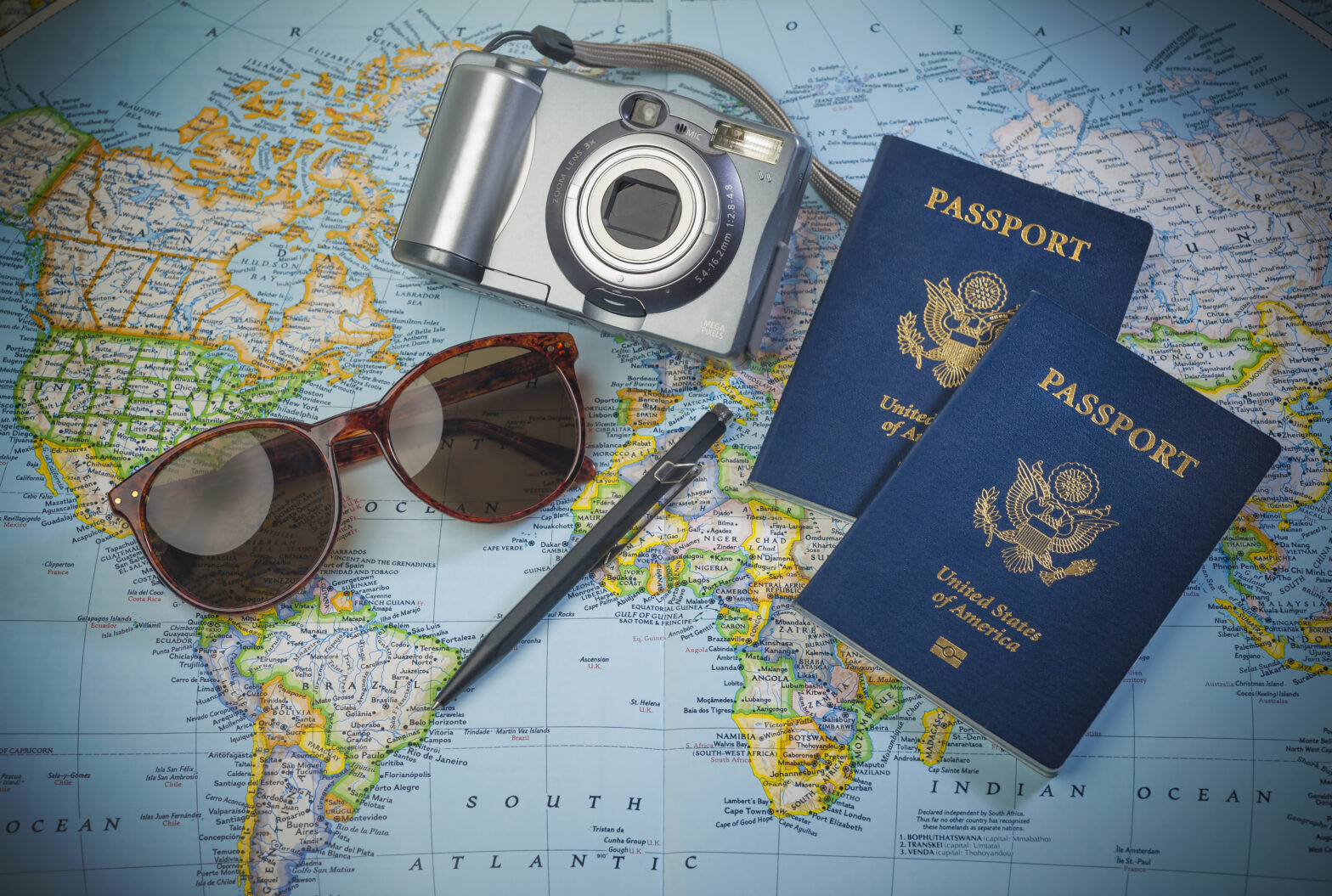Today’s traveller has high expectations, fostered by their experience of other industries such as retail, and driven by always-on mobile connectivity, which allows them to search and shop for travel anytime, anywhere.
Travellers are now also more demanding when it comes to customer experience and quality of services.
Much of this change is driven by technological development, which is good news for travel companies as well as travellers.
New technologies mean new opportunities for growth, new ways to inspire the traveller, and new products and services. As the industry continues to evolve, big data and analytics have a pivotal role to play in helping travel companies to adapt to, and compete in, this environment.
In the last few years, 2 important technology trends have set the scene for innovation in the industry.
>See also: AI and the sharing economy: how Expedia views the future of travel
First, there’s the explosion of data and information that the travel industry generates from myriad touch points. From airlines, trains, hotels, enquiries, reservation, car hire and itineraries – even from customer feedback – the data trail is endless.
Second, there has also been an increasing scale of computing power and storage capability, which can now process and work with multiple and complex data sources to generate actionable business insight.
Harnessing data, processing it effectively, and deriving unique insight from this information is now a key means by which travel companies can gain competitive advantage and seek out new profitable products and services.
The age of experimentation
A changing environment requires new products, services and collaborations across the industry, to not only meet the increased expectations of travellers but also surpass what’s on offer from the rest of the market.
The twin developments of big data and computing power mean the industry is poised for an ‘age of experimentation’, characterised by rapid innovation as travel companies imagine ways to do things differently – as quickly as possible.
To thrive in today’s rapidly-changing environment, the future travel brand will need to evolve from just moving people from A to B, unveiling new destinations, or organising trips.
>See also: How technological advancements in travel are affecting the business world
Instead it is about having a thoroughly progressive view of the traveller and using that information to create unique, personalised and targeted travel experiences.
Achieving this will increasingly involve not only the use of travel data, but also external data such as weather, geographical, social, media consumption and spend data.
When companies have the ability to integrate and act upon both their own data and that of third parties, they will be equipped to prototype and develop breakthrough products, services and models.
Innovating to improve the customer experience
The customer experience is a key area where travel companies such as airlines are focusing their analytics-enabled innovation efforts today.
Whilst there are already impressive initiatives underway, there’s still plenty of potential for new ideas and strategies that secure greater customer loyalty and, consequently, increased revenues.
For example: the traveller chooses to allow an airline to recognise their interest in music festivals, because they have posted on a social network that they plan to attend Sonar in Barcelona or Glastonbury. Thanks to integration with this third party data, the airline could then automate a decision to offer the traveller a ‘Music Festival’ bundle of services.
This could include a promotional fare, with outsized luggage allowance for their tent and transport to the venue from the airport.
This is one example of the kinds of innovations that airlines are working on today to create a personalised, enhanced traveller experience – powered by big data.
There will be many further innovations driven by data and ‘machine learning’ over the coming years.
For example, if a traveller is watching a film on a plane, and they like the landscape featured within this, they could instantly discover the location where the film was shot through a single touch of the screen – and what’s more, they could be presented with additional information such as weather forecasts, and the opportunity to book travel to that destination.
>See also: How self-service analytics is helping the travel industry take off
This is the convergence of entertainment, media and travel into a single offer.
In fact, there will be this kind of automated, data-enabled recommendation embedded within other apps; not only email, but also messaging apps and via chatbots, with consumers booking and buying travel, products and services in the same way they make their social plans.
Looking to the future
The last 5 years have seen rapid change, not least thanks to the explosion of digital data.
To make the most of the opportunity big data and analytics offer, travel brands must encourage an openness and willingness to experiment with new ways of working, new approaches to old problems, and entirely new ideas.
They need to act with confidence, without becoming attached to ‘always getting it right’.
The new world will require increased experimentation and a boldness to pursue new ideas, even in the knowledge that some will fail.
Those disruptive, breakthrough ideas that succeed will define the future travel experience.
Sourced by Pascal Clement, head of travel intelligence, Amadeus IT Group







